Lines of REsearch
PPG-AMSA is organized in a single Concentration Area (AC): Environmental Systems Modeling and 3 Research Lines (LP):
1) ENVIRONMENTAL RESOURCES ANALYSIS (ARA)
it is aimed at mapping and analyzing environmental data, using geoprocessing tools, spatial analysis, and remote sensing.
2) SYSTEMS MODELING (MAS)
it is guided to the techniques of analysis, representation and simulation of space-temporal evolution of environmental systems.
3) LANDSCAPE MANAGEMENT(GP)
It consists in the application of analysis and evironmental modeling techniques to support territorial planning and the formulation of public policies, including the development and assessment of scenarios and the proposal of socio-environmental governance mechanisms.
The name of the program is inseparable from the Concentration Area (AC) that created the identity of the program: Modeling of environmental systems. Spatial simulation models aim to assist the understanding of the causative mechanisms and processes for the development of environmental systems, and determine as that they evolve in view of different scenarios that translate into socioeconomic, political and environmental conditions.
The use of geoprocessing concepts and tools, spatial analysis and environmental modeling are increasingly incorporated in different public, private, third sector organizations, etc.
Environmental modeling can thus be understood as the technique and art of representing, in a simplified way, key components in complex environmental systems, in order to better understand and simulate ex-ante different socio-ecological states/conditions of that environmental system.
Resource analysis and environmental modeling seek to understand the dynamics of spatial phenomena (which have geographic expression), whether natural or anthropic, and their role in the organization and evolution of Earth systems, consisting of a theoretical-instrumental procedure which involves a set of quantitative and spatial techniques, aiming at the operationalization of a systemic approach. As a result, the integrated development of Earth sciences (Geology, Geography, Ecology, Climatology, among others) opens up a wide field for the modeling of environmental processes, and today it is already considered an area of cutting-edge transdisciplinary research and a priority theme.
The works carried out in PPG-AMSA stimulate innovative work in other research in the most varied areas of knowledge. PPG’s intellectual productions have a direct impact on environmental law and compliance with environmental legislation in Brazil and the World
These innovative models in addition to environmental and economic variables included social variables in an innovative way, recognizing the need to stimulate the well-being of society in general and especially for traditional peoples and communities.
The spatial simulation models developed at the PPG-AMSA help to understand the causal mechanisms and development processes of environmental systems, and thus explain and simulate how they evolve in the face of different scenarios that translate into socioeconomic, political and environmental frameworks.
Special emphasis is given to the applications of Remote Sensing, Geoprocessing, Spatial Analysis and Computational Simulation Models in studies of Landscape Management, Urban Analysis, Environmental Economics, Transport, Social and Environmental Dynamics, Territorial Planning, Landscape Ecology, Climate and Biosphere Interaction and Soils and Water Resources
Objectives of the RESEARCH ACTIVITIES: to answer major “guiding” and relevant questions in the socio-environmental domain, using both fundamental science and applied science to solve real world problems. Examples of “guiding” questions:
How can the analysis and modeling of socio-environmental systems subsidize the sustainable management of resources and the management of landscapes, including natural ones but also humanized ones with a high degree of anthropization?
What multi-scale governance mechanisms are capable of stimulating sustainable transitions in land use and land cover, reversing habitat loss trends in Brazilian biomes, maintaining them and/or recovering their structural and functional characteristics in order to foster sustainable development?
Our focus is to analyze and model the complexity of Socioecological Systems (SES) covering the physical, biotic and socioeconomic environment so that the participatory and multifunctional management of the landscape can provide a set of material and immaterial beneficial services (ecosystem services) to society.
The objectives of the teaching, research and extension activities briefly described above clearly show the ARTICULATION and ADHERENCE of the activities developed with the MISSION and performance of the PPG-AMSA, consolidating its objective to create and develop capacities in citizens to analyze and model complex environmental systems.
However, our mission goes beyond the creation of scientific knowledge to also use this knowledge to create territorial intelligence in order to support landscape management and territorial planning at different levels of governance (federal, state and municipal) seeking to solve a diverse set of socio-environmental problems of the Anthropocene.
Territorial, Landscape Ecology, Climate and Biosphere Interaction and Water Resources.

